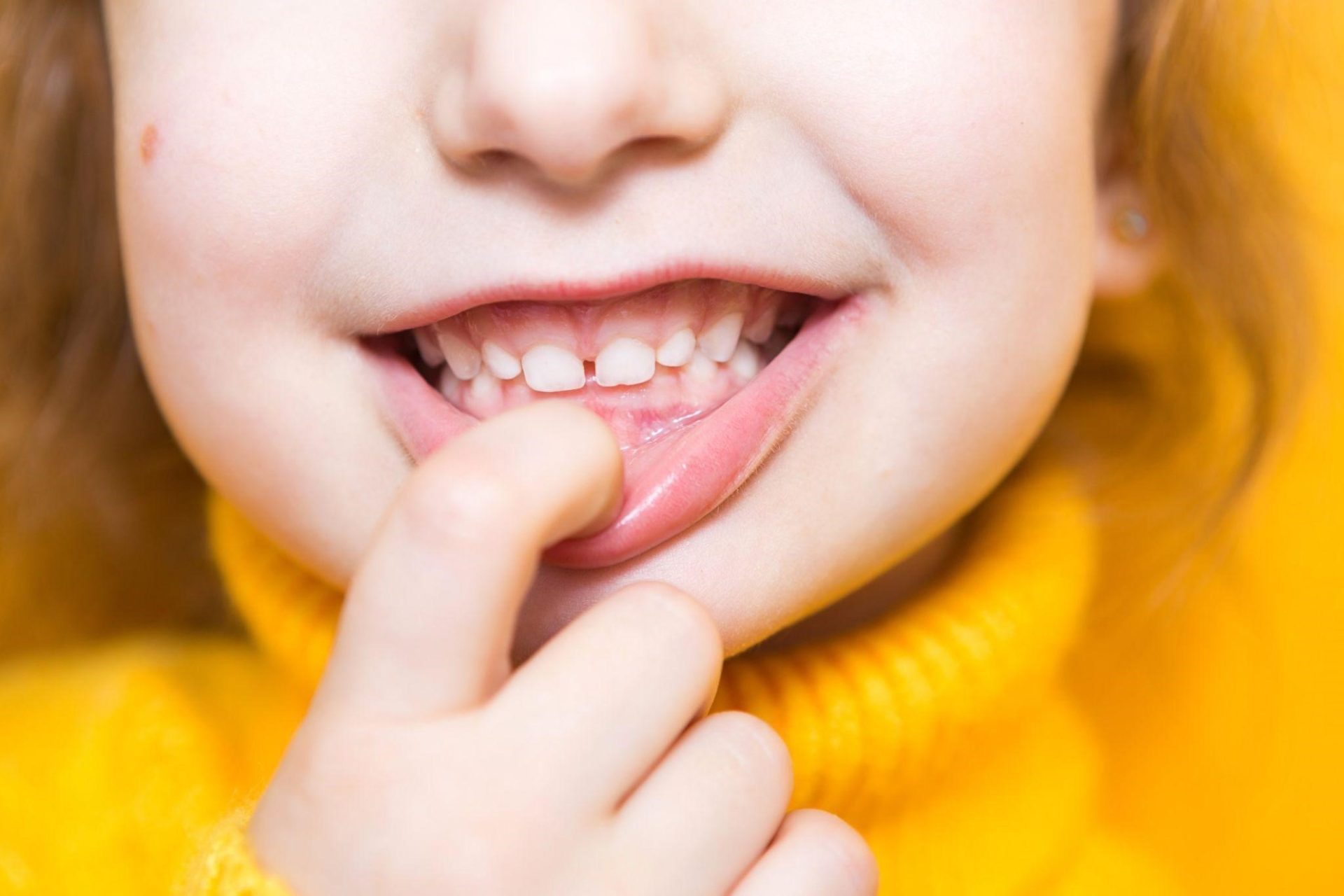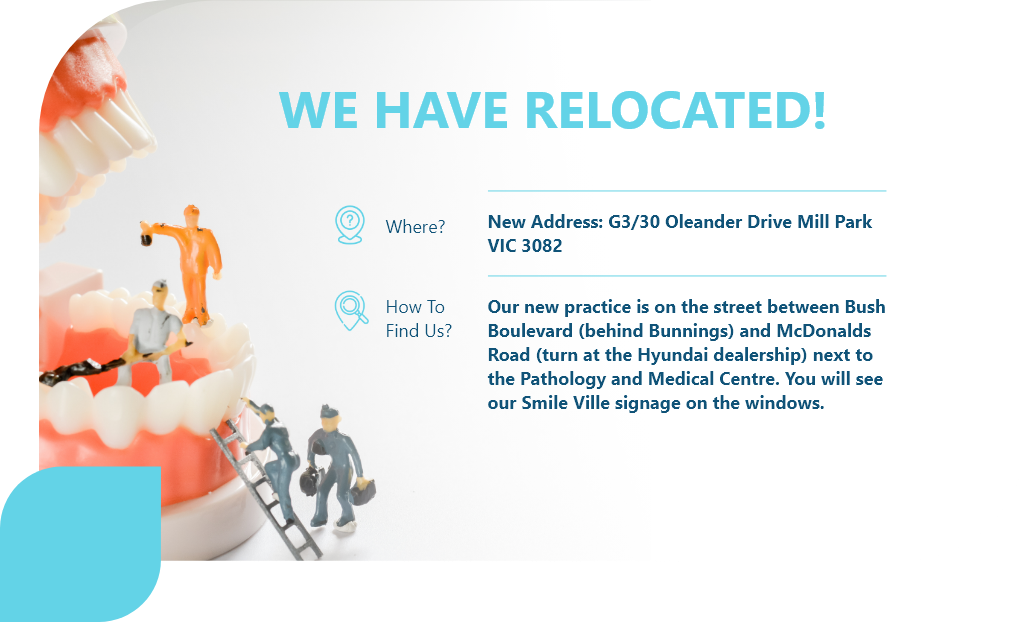The gums will always be your teeth’s partner, making sure that those pearly whites stay intact. But swollen gums happen now and then, especially if you tend to forget to brush your teeth at least twice daily and floss once a day at nighttime. So to keep your teeth and gums healthy, make sure to observe proper oral hygiene at all times.
What happens if I neglect my oral hygiene?
Well, first off, your teeth will have tartar and plaque, followed by inflamed gums, then it will develop into more serious gum problems and lastly, you’ll experience a severe toothache or tooth loss. Surely, you don’t want that to happen.
What are gum diseases?
Gum diseases are conditions resulting from the toxins created by the harmful bacteria in your teeth’s plaque which causes the gums to inflame. The most common types of gum diseases are gingivitis and periodontitis. Others include periodontal abscess, gum recession, drug-influenced gingival enlargement, granulomas, etc
I am not including in the gum disease as the terminology is quite ample and oral cancer can be anywhere in the mouth, the gum is no one of the more common areas to develop
What are gingivitis and periodontitis?
Gingivitis
Gum inflammation is otherwise referred to as gingivitis. This is rooted in various causes such as poor dental hygiene, excessive smoking, nutritional deficiency and hormonal changes. In some cases, persons with diabetes or those who are immune-compromised may also suffer from inflamed gums.
Gingivitis happens when plaque accumulation is neglected, attracting bacteria to build up. When you have swollen gums, it is a sign that you need to be more proactive with your oral hygiene habits.
Periodontitis
When gingivitis is left untreated, periodontitis begins to develop. It is a more severe case of gum disease as it may not only result in tooth loss but may also impact your jawbone permanently. During the development of periodontitis, your gums pull away from your teeth, creating a pocket-like structure.
The space created between the teeth and gums starts to collect food debris which causes harmful bacteria to spread and infect the inner layers of the gums. When this happens, the infection will begin to dig deep into the jawbone, causing it to weaken and break. This, now, leads to tooth loss and receding jaw.
“Inheritance plays a massive role in periodontitis. I once saw a mother of eight who had periodontal disease, and so did four of her children.” (Boenheim, 1928) In the face of a known pathogenic challenge, some people succumb, while others seem inherently resistant.
Gingivitis vs Periodontitis
So, what is the difference between gingivitis and periodontitis?
Both gingivitis and periodontitis are dental conditions resulting in gum inflammation. One huge difference between these two is that gingivitis can be reversed and prevented while periodontitis is irreversible and may require a more complex treatment.
Gingivitis can be the first stage of severe gum disease when neglected. It is, then, highly recommended that at the first sign of inflamed gums, you should book an appointment with your trusted oral care provider at Smile Ville for a checkup.
Periodontitis is the effect of untreated gingivitis which require the expert care of dentists. When the gum is severely swelling coupled with a loose tooth, periodontitis is beginning to develop. If you continue to ignore it, not only will you lose your tooth but also cause damage to your jawbones.
Another way to tell them apart is, in gingivitis, your gums remain intact and your teeth are secured. In periodontitis, the gums have detached from your teeth creating an opening for bacteria to get through your jaws. And because the gums do not hold the teeth, they can become wiggly and loose.
Lastly, when gingivitis has developed into periodontitis, you will notice that your breath becomes persistently unpleasant even after brushing. This is because of the bacterial accumulation in the pockets between your gums and teeth.
How can I prevent gingivitis and periodontitis from happening?
All oral health problems can be prevented with proper and diligent dental care habits. Remember to brush and floss every day. You should also eat foods rich in vitamins C, D and B-complex. It may be best to visit your dentist regularly and schedule a periodontal checkup when necessary.
Here are other ways to prevent gingivitis and periodontitis:
1. Rinse with Antibacterial Mouthwash
The accumulation of harmful bacteria is the primary cause of gum diseases, hence, should be eliminated. Rinse your mouth with an antibacterial alcohol–free mouthwash after brushing or flossing your teeth. This can help lower the risk of bacterial build-up.
Here’s an extra tip: carry sugar-free chewing gum with you.
2. Stay Away from Too Much Sugar
If you’re a sweet tooth like me, it’s time you minimise your sugar intake. Sugar helps bacteria thrive within your gumlines. While that fondant cake at the pastry shop looks delectable, it may also cause bacteria to pile up which leads to swollen gums.
Here is an extra tip: try to please your sweet tooth with small sweets after the main meal and brush your teeth after. Avoid snacking on sweets.
3. Don’t Grind Your Teeth
Grinding and clenching your teeth causes an unwarranted force that can affect the structure of your gums and jaws. It helps to ask your dental care provider to recommend a mouth guard to prevent your teeth from grinding unconsciously.
4. Stop Smoking or vaping
One of the leading causes of gum disease is excessive smoking. It causes faster tartar and plaque build-up which encourages bacteria to develop in the mouth. Many dentists advise patients to stop smoking so they can prevent gum diseases from pursuing. Maybe you should, too.
Generally, both gingivitis and early periodontitis can be treated. Just remember to maintain good oral habits at home.
Learn more about gum disease treatments… Contact Smile Ville today!





